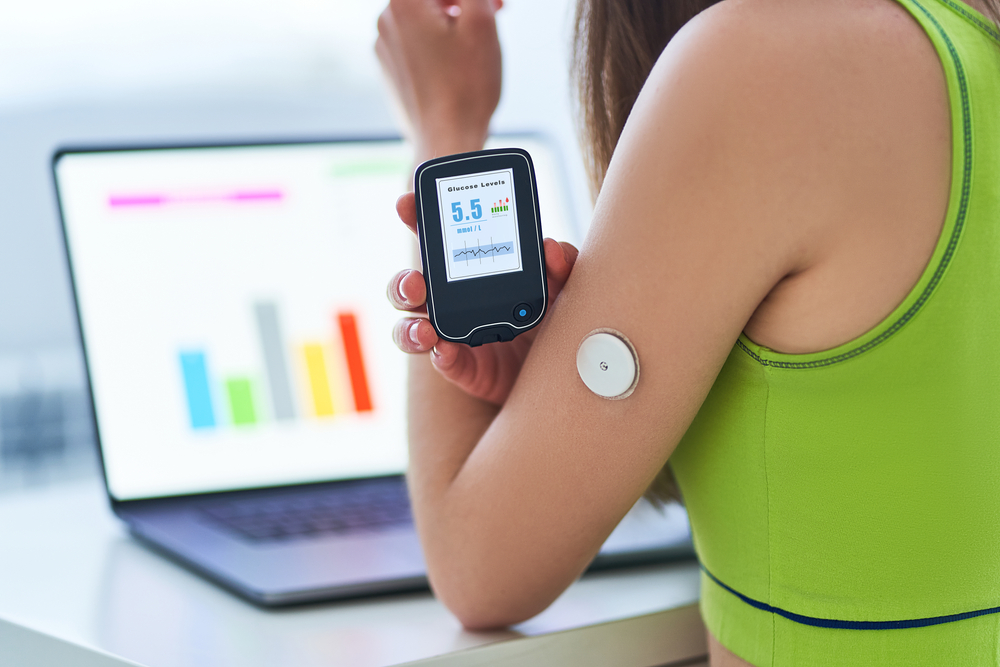
FAQ About Wearable Health Technology

How can wearable health technology be used to improve mental health outcomes?
Wearable health technology has the potential to improve mental health outcomes in a variety of ways, including:
- Tracking biometric data: Wearable devices can track biometric data such as heart rate variability and sleep patterns, which can provide insights into an individual's mental and emotional state.
- Providing real-time feedback: Wearable devices can provide real-time feedback on an individual's physical and emotional state, which can help individuals become more aware of their thoughts and behaviors and take steps to manage stress and anxiety.
- Monitoring medication adherence: Wearable devices can help individuals monitor their medication adherence, which is important for managing mental health conditions such as depression and anxiety.
- Improving access to care: Wearable technology can be used to provide remote mental health care and support, which can improve access to care for individuals who may not have access to traditional mental health services.
- Supporting behavior change: Wearable technology can be used to support behavior change, such as encouraging individuals to engage in physical activity, which can have a positive impact on mental health outcomes.
